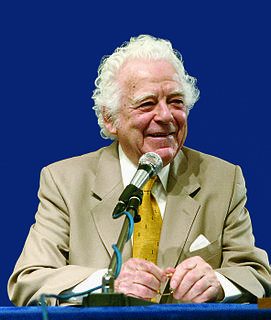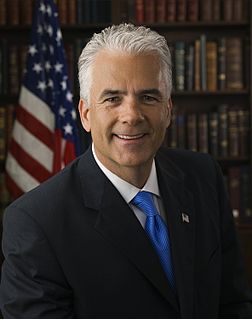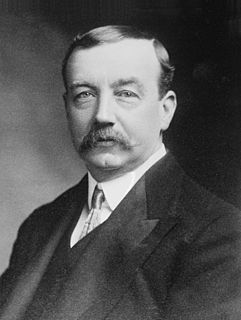A Quote by Benjamin Creme
Humanity must accept that the food, the raw materials, the energy, the scientific knowledge and so on, belongs to everybody, that it is given by Divine providence for all peoples, the rich nations and what are called the developing nations. No one has the right to corner the goods of the world as is done today, whether that be oil or food or any of the things that we think are so important.
Related Quotes
I now say that the world has the technology - either available or well advanced in the research pipeline - to feed on a sustainable basis a population of 10 billion people. The more pertinent question today is whether farmers and ranchers will be permitted to use this new technology? While the affluent nations can certainly afford to adopt ultra low-risk positions, and pay more for food produced by the so-called "organic" methods, the one billion chronically undernourished people of the low income, food-deficit nations cannot.
Anybody interested in solving, rather than profiting from, the problems of food production and distribution will see that in the long run the safest food supply is a local food supply, not a supply that is dependent on a global economy. Nations and regions within nations must be left free and should be encouraged to develop the local food economies that best suit local needs and local conditions.
The United Nations exists not merely to preserve the peace but also to make change - even radical change - possible without violent upheaval. The United Nations has no vested interest in the status quo. It seeks a more secure world, a better world, a world of progress for all peoples. In the dynamic world society which is the objective of the United Nations, all peoples must have equality and equal rights.
Isn't food important? Why not "universal food coverage"? If politicians and employers had guaranteed us "free" food 50 years ago, today Democrats would be wailing about the "food crisis" in America, and you'd be on the phone with your food care provider arguing about whether or not a Reuben sandwich with fries was covered under your plan.
But the right is more precious than peace, and we shall fight for the things which we have always carried nearest our hearts--for democracy, for the right of those who submit to authority to have a voice in their own Governments, for the rights and liberties of small nations, for a universal dominion of right by such a concert of free peoples as shall bring peace and safety to all nations and make the world itself at last free.
Wrangham cites several studies indicating that in fact humans don't do well on raw food: they can't maintain their body weight, and half of the women on a raw-food regimen stop menstruating. Devotees of raw food rely heavily on juicers and blenders, because otherwise they would have to spend as much time chewing as the chimps do. It is difficult, if not impossible, to extract sufficient energy from unprocessed plant matter to power a body with such a big, hungry brain.
Oil is a very valuable resource for life - electric heaters. We must have to transition ourselves to a post-oil era. And that's what we must discuss: searching and developing new sources of energy. And that requires scientific research. That requires investment. And the developed countries must be the ones to assume this responsibility first.
To put it bluntly, we now need to reverse course. We need more highly skilled small farmers in more places all across America - not as a matter of nostalgia for the agrarian past but as a matter of national security. For nations that lose the ability to substantially feed themselves will find themselves as gravely compromised in their international dealings as nations that depend on foreign sources of oil presently do. But while there are alternatives to oil, there are no alternatives to food.
To each, therefore, must be given his own share of goods, and the distribution of created goods, which, as every discerning person knows, is laboring today under the gravest evils due to the huge disparity between the few exceedingly rich and the unnumbered propertyless, must be effectively called back to and brought into conformity with the norms of the common good, that is, social justice.






































